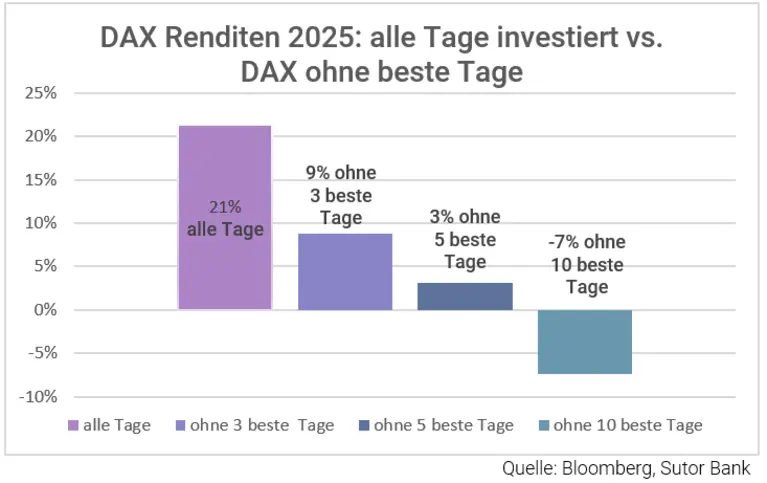Semiconductors are in demand and chip share prices are currently soaring. Just like the prices of energy suppliers and companies in the defense industry before them. "There are good reasons for each of these rises," says Mathias Beil, Head of Private Banking at Hamburg-based Sutor Bank. "But even more important than getting into such sectors and trends is getting out."
According to Mathias Beil, last year in particular was a very impressive example of how the constant alternation of hype and slump, "boom and bust", works. "With the start of the war in Ukraine, energy prices climbed to unbelievable heights," says Beil. "Hardly anyone realized how quickly prices would fall again." As a result, companies stocked up for the long term at high prices - and are now paying for it. And shares in the energy industry also seemed attractive - a brief boom.
The situation is similar for shares in the defense industry. "The huge surge in demand, triggered by the war in Eastern Europe and fueled by the new arms programs launched by governments, makes the prospects for arms stocks seem very good," says Beil. "Nevertheless, it is important to consider very carefully whether they belong in a portfolio." After all, following the rapid rise that propelled one Rheinmetall share into the DAX, there is also the threat of a fall again.
Two trends are coming together in chip stocks
This is probably best seen in chip stocks, which are currently rising sharply. "Two major trends are coming together here: Increased demand and the desire for independence from Chinese companies," says Beil. So it's no wonder that chip factories are being planned and built in Europe and the USA. Often generously supported by countries hoping to attract a key technology.
But here, too, the market ultimately takes hold: "The capacity of the chip factories now being planned is additional," says Beil. "And where there is a bottleneck today, there will then be overcapacity." With the clear prospect of falling prices, falling yields and lower capacity utilization. "It remains to be seen how many of the newly built factories will still be profitable. Not all of them will be," says Beil.
With "pig cycle investments", it's the exit that counts
According to Mathias Beil, these are three examples of old wisdom - namely the hog cycle. "When something is or seems to be in short supply, it is produced more," explains Beil. "But because many people have the same idea, scarcity is often followed by abundance." In terms of investing, this means that it can be very lucrative to get in at the beginning of such a cycle. "But it is always important to get out in good time."
For the asset allocation in a long-term portfolio, such trend themes are therefore only ever an admixture. Speculators and gamblers are reserved for getting in and out quickly. "And that's exactly what's currently happening in the chip share market," says Beil.




![[Translate to English:] Deutsche Flagge vor dem Bundestag](/fileadmin/_processed_/6/8/csm_maheshkumar-painam-HF-lFqdOMF8-unsplash_fde0da4c98.webp)
